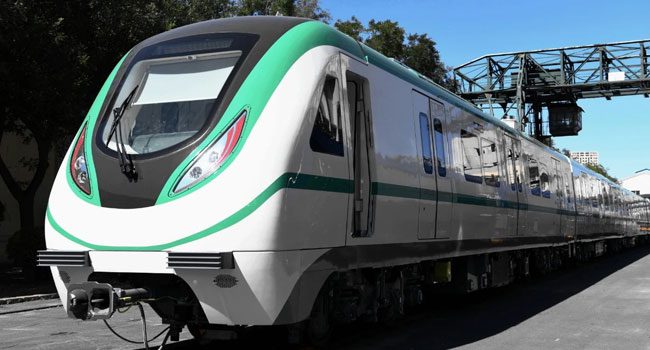The Managing Director of the Nigerian Railway Corporation (NRC), Kayode Opeifa, has declared the Kano-Maradi Railway as a critical component in strengthening Nigeria’s food security and regional logistics.
Speaking on Channels Television’s Sunrise programme on Saturday, Opeifa stressed that mobility is central to the food supply chain, and without efficient transportation infrastructure, ensuring food access and affordability becomes impossible.
“Mobility is at the center of food security, and that’s what the Kano-Maradi line which eventually connects Kano to Lagos via Kaduna and Abuja—will represent,” Opeifa explained.
According to Opeifa, the rail connection with Maradi in the Niger Republic supports African Union Agenda 2063, which encourages integration between African nations, especially those with landlocked neighbors.
“From the literature I’ve read, the food security of Nigeria and West Africa, especially in cereals and livestock, is tied to Maradi,” he added. “Linking Kano to Maradi goes beyond politics it’s about strategy and survival.”
Food Security and Strategic Logistics
The 9am News report shows that this railway is part of a broader government vision to establish a new infrastructure map for rail connectivity, linking major Nigerian cities and extending regional cooperation across West Africa.
Opeifa underscored that removing mobility from the logistics chain undermines food security, a mistake Nigerian planners must avoid.
“If you take mobility out of logistics and supply chain, you are just joking,” he warned.
The NRC boss further revealed that the Federal Government is aggressively pursuing new railway development, with plans to expand links between urban centers. He emphasized that recent constitutional changes moving rail development to the concurrent legislative list now allow state governments to seek grants and invest directly in railway infrastructure.
“States can now access grants and develop their own rail lines. That’s a big win for federalism and transportation development in Nigeria,” Opeifa noted.
Opeifa also highlighted that local communities are being mobilized to protect rail infrastructure, ensuring sustainability and safety for ongoing and future rail operations.
“The government is working aggressively on this, and local involvement is key to securing these national assets,” he affirmed.
Despite some public skepticism about the importance of Maradi, Opeifa insisted the strategic economic and agricultural significance of the route justifies the Kano-Maradi railway extension.
As Nigeria grapples with inflation and food scarcity, the Kano-Maradi railway could redefine the nation’s agricultural logistics, enabling faster movement of grains, livestock, and other essentials from key production zones to high-demand regions.
Stay tuned to 9am News Nigeria for more Breaking News, Business News, Sports updates And Entertainment Gists.
















